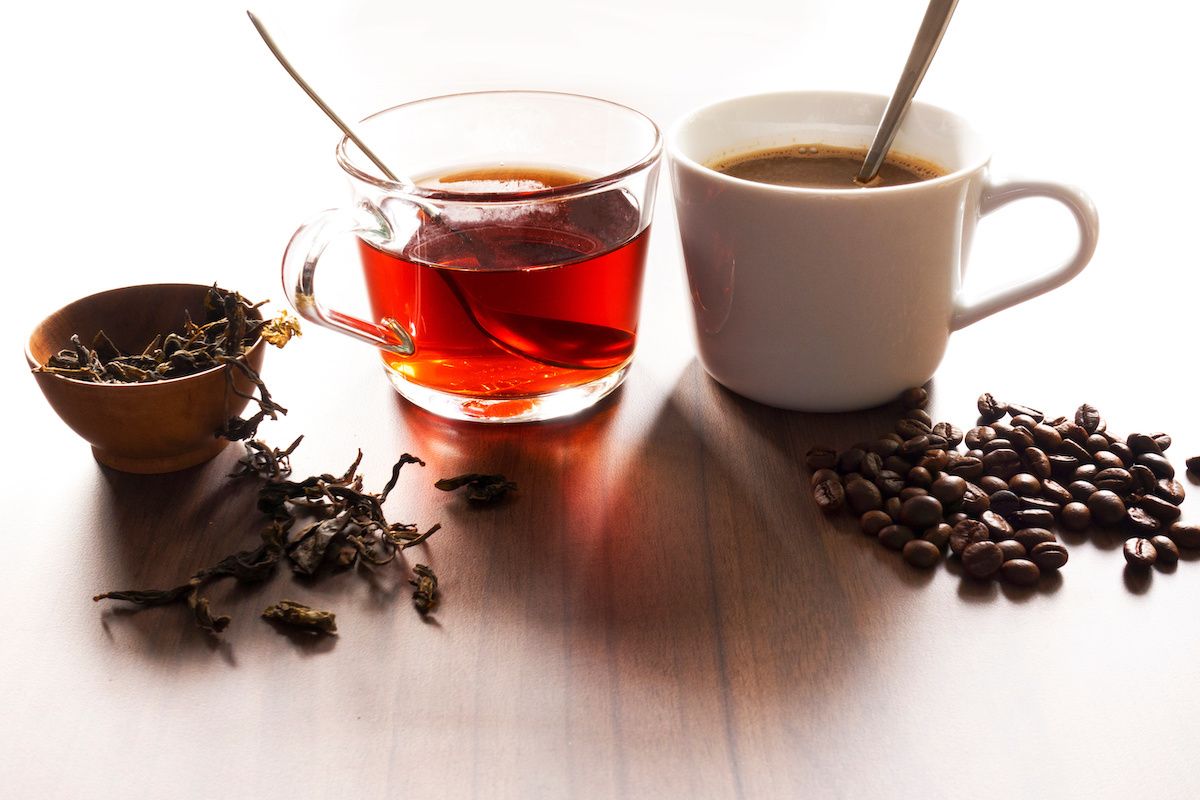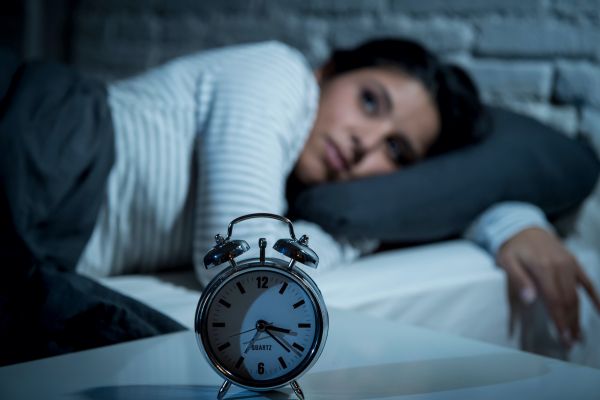Most healthy adults can consume up to 400 milligrams of caffeine daily
Do you love your morning cup of coffee or afternoon cup of tea? We often see headlines touting the health benefits – and sometimes the health risks – of one or the other. But what is the truth about these common beverages?
Coffee, tea and caffeine
Caffeine is a stimulant that is found naturally in the plants that make coffee, tea and chocolate. It is also added to some sodas and energy drinks.
Most healthy adults can safely consume up to 400 milligrams (mg) of caffeine a day, according to the U.S. Food and Drug Administration. And while caffeine is not technically addictive, over time, you might find that you must keep increasing your caffeine intake to achieve its invigorating effects.
How much caffeine is in tea and coffee?
The caffeine content of tea and coffee varies based on how the tea leaves or coffee beans are processed, as well as how the beverage is brewed.
- Coffee contains an average of 95 mg of caffeine per 8-oz cup
- Espresso or espresso-based drink contains 63 mg of caffeine for a single shot
- Tea (green or black) contains 30-50 mg of caffeine per 8-oz cup
- Decaffeinated coffee contains about 3 mg of caffeine per 8-oz cup
- Herbal teas typically do not contain caffeine
Children should avoid caffeine, and women who are pregnant or nursing should limit their caffeine intake to 200 mg per day. While a daily caffeine intake of 400 mg (roughly four or five 8 oz cups of coffee) is considered relatively safe, there is a wide variation in both how sensitive you are to the effects of caffeine, and how fast your body metabolizes it.
You may need to cut down on your caffeine intake if you experience symptoms such as
- jitters
- restlessness
- insomnia
- heartburn
- migraine headaches
- irritability
- muscle tremors
- fast heartbeat
- upset stomach
If you are planning to cut down on caffeine, it is best to do so gradually to avoid unpleasant withdrawal symptoms such as headaches.
The good about drinking coffee
The cumulative research shows that coffee consumption may be linked to decreased risk of liver disease, heart disease, and type 2 diabetes. It may also protect the health of your heart and brain. Coffee contains a variety of compounds that may block carcinogens (cancer-causing compounds).
The American Institute for Cancer Research indicates that drinking coffee likely reduces the risk of developing endometrial and liver cancers. This link was seen with consumption of one-to-four cups a day of both regular and decaf coffee.
While more research is needed, some studies suggest drinking coffee may also decrease your risk of developing colon, oral and prostate cancers. However, how you drink your coffee is important. Black coffee is a zero-calorie beverage, but blended coffee drinks from your favorite coffee shop, or drinking coffee with lots of cream, whole milk, sugar and syrups, can really add up the calories. Limiting the amounts of added sugars is best for healthy coffee drinking.
Have questions?
Our nutrition team can play an important role in your care — before, during and after treatment.
Learn moreHealing and anti-cancer properties of tea
Tea comes in many varieties including green, black, oolong, white, and herbal. It’s a beverage that has been enjoyed by many cultures for many centuries, often in meaningful ceremonies.
Daily consumption of tea can help you stay hydrated, support cardiovascular health, and may reduce the risk of certain cancers by providing compounds that provide antioxidant defenses. For example, drinking green tea daily may help lower the risk of lung cancer.
Ginger or peppermint tea may help ease some of the side effects experienced by people going through cancer treatment. Similar to coffee, tea is a zero-calorie beverage on its own; so, adding whole milk or honey can add unhealthy amounts of sugar – and calories.



